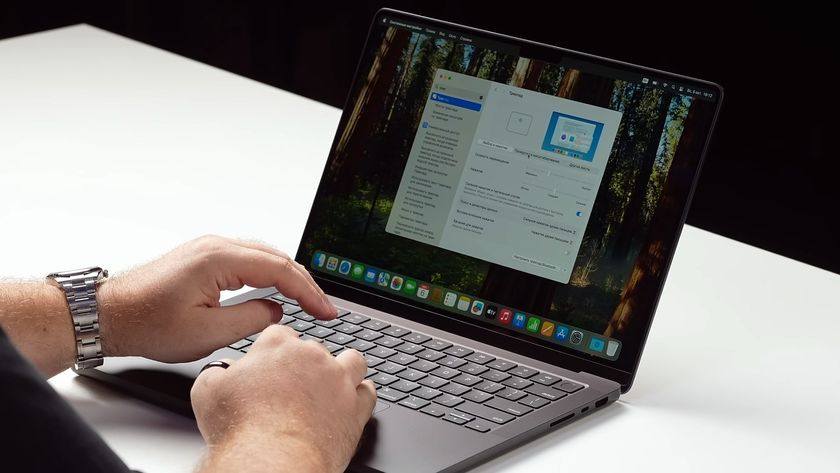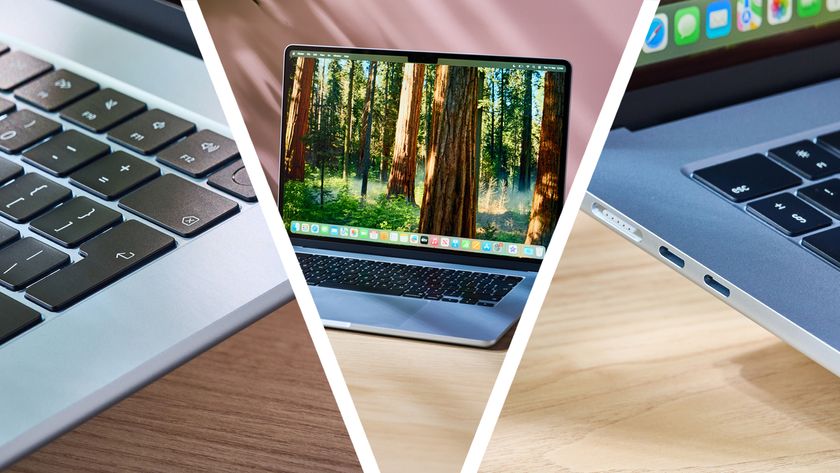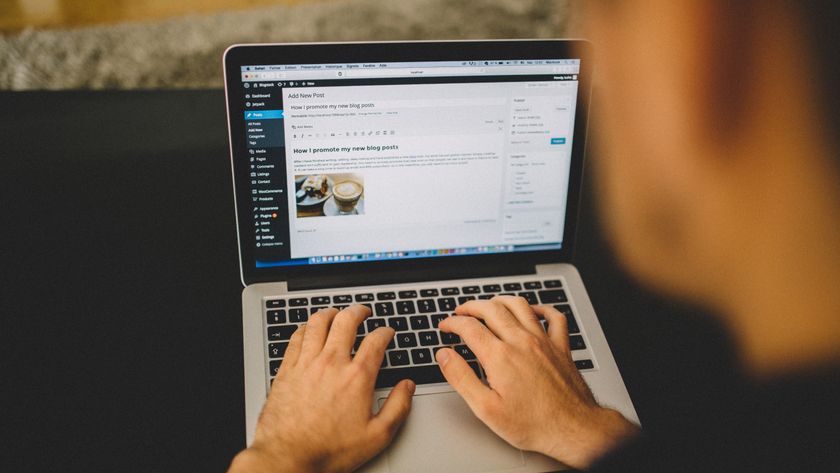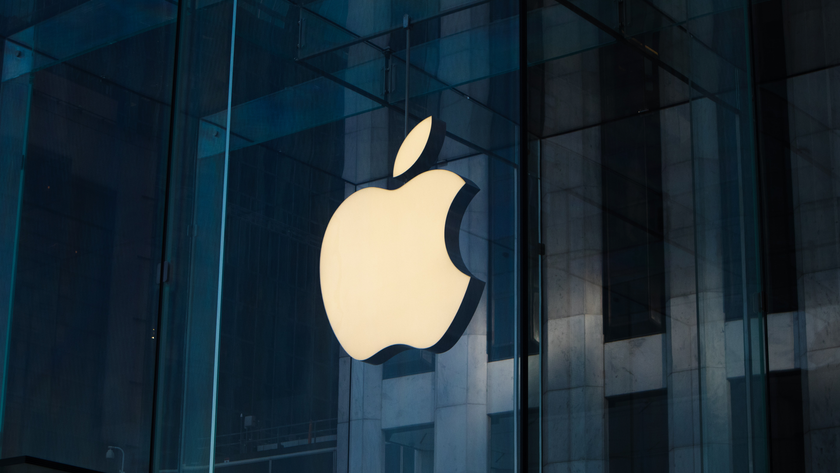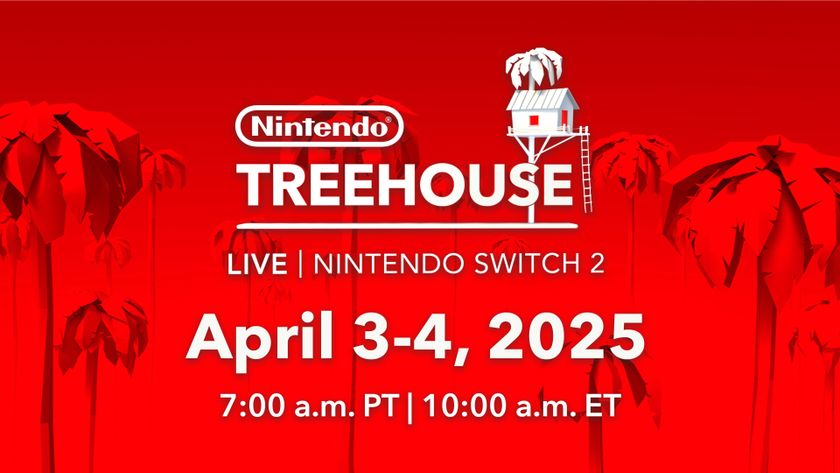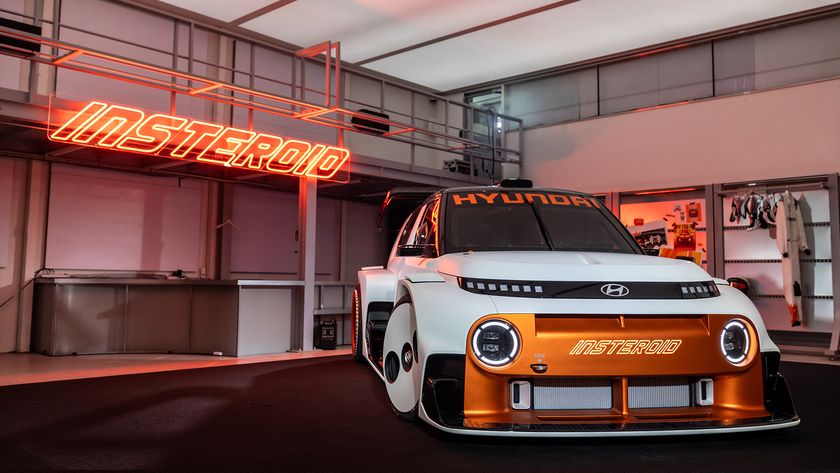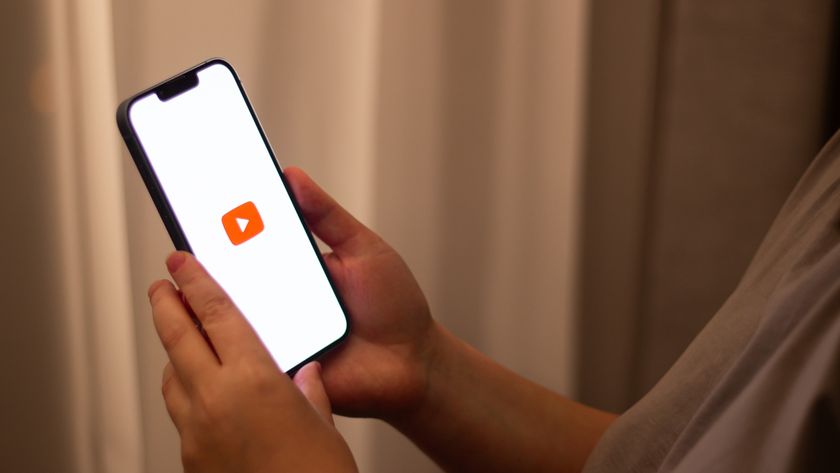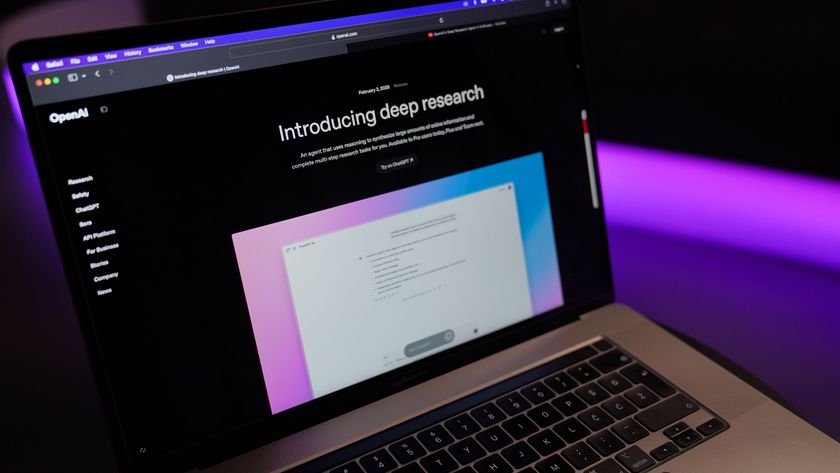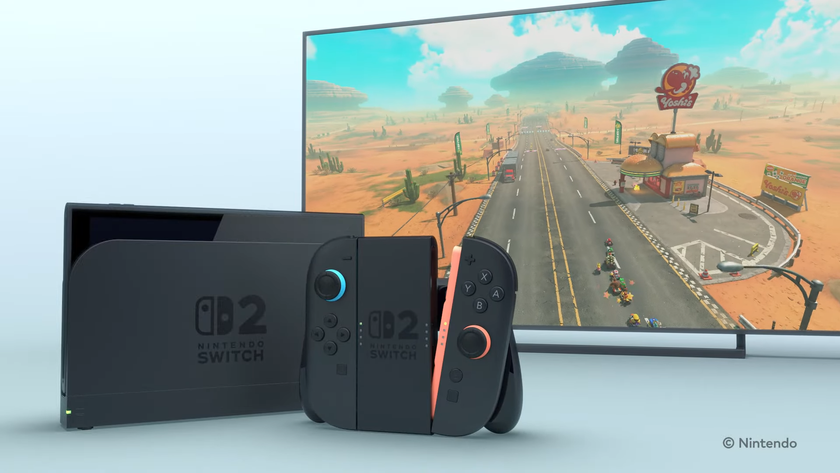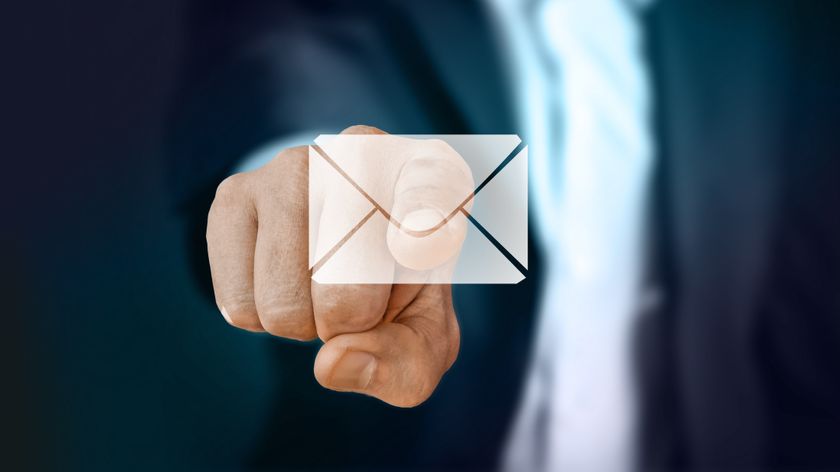MacBook Pro notch is getting a lot of hate - but Apple won't care
A rare design misstep from Apple? Maybe not
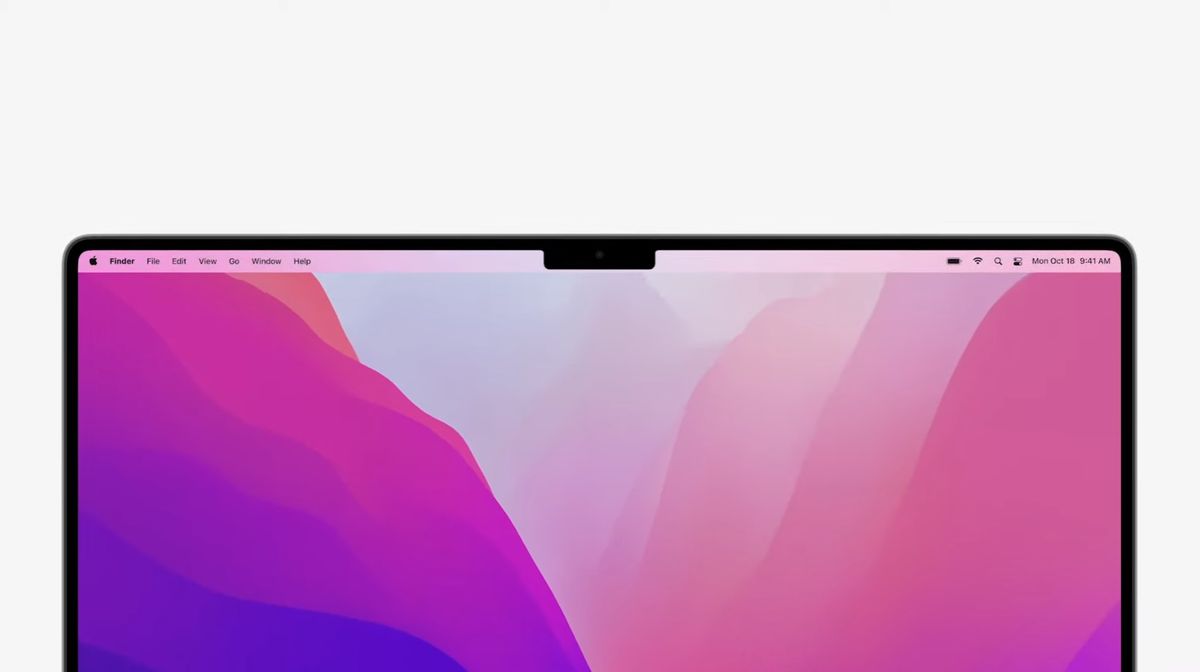
When Apple revealed its new MacBook Pro 16-inch (2021) and MacBook Pro 14-inch (2021) at its Unleashed event earlier this week, many people watching noticed that there was now a pronounced notch surrounding the webcam – and since then it’s proved to be one of the most divisive elements of Apple’s MacBook Pro redesign.
As you can see from images and videos provided by Apple, this ‘notch’ surrounds the webcam and dips down into the screen of the new MacBooks.
- These are the best MacBooks and Macs
- Here's how to download macOS Monterey
- These are the best webcams for MacBooks
This is noticeable when using applications, as it obscures part of the menu bar running along the top. Some people were wondering how the mouse cursor would behave with the notch – would it ‘bounce’ off it, as if it were the edge of the screen, or move behind it? As Apple Insider points out, the latter happens, with Apple designer Linda Dong confirming that the cursor moves underneath the notch.
Still, it seems like many people are not convinced about the notch – but will they change their minds when they actually try the new MacBook Pros, and will it matter to Apple anyway if they like it or not?
The cursor moves underneath :)October 19, 2021
Is it that much of an issue?
Apple is a company that has built a lot of its reputation on creating iconic designs that mesh together form and functionality, so when it does come up with a design that fails in either of those aspects – which many people feel the MacBook Pro notch does fail at – then it really stands out.
For a lot of critics, the notch appears to be quite ugly, obscuring what was once quite a clean user interface, which means it fails when it comes to the ‘form’ aspect, and so far Apple hasn’t really explained why the notch is needed – letting down the ‘functionality’ side of things.
That could be one of the quickest and easiest ways for Apple to address people’s complaints. If the company explains why the notch was needed, and what kind of benefits it will bring, then a lot of people will likely be happy to live with its presence.
Get daily insight, inspiration and deals in your inbox
Sign up for breaking news, reviews, opinion, top tech deals, and more.
Unlike with the iPhone, the new MacBook Pros don’t support Face ID, which allows you to log in by scanning your face, so what is the notch for? At the event, Apple made a big deal over the improvements its made to the webcam, which is now a 1080p camera, offering a much-improved image over the frankly outdated 720p webcams of previous MacBooks.
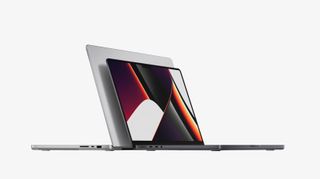
It also has, according to Apple, a larger sensor that allows it to have twice the low-light performance of previous MacBook webcams.
Because of the global pandemic, many people are working and learning remotely, while also having to limit visits to friends and family to video calls, so the quality of your webcam has never been more important. In this case, the improvements Apple has made to the webcams in the new MacBook Pros will be very welcome, and if that has resulted in the need for a notch, then people may see that as a price worth paying.
However, Apple hasn’t revealed why the notch is needed, and many other laptops have 1080p cameras and thin bezels without needing one.
Speaking of thin bezels, a big part of the new MacBook Pros’ looks are much thinner surrounds around the screen. Not only does this make them look more modern, but it allows Apple to maximize screen size without increasing the overall size of the laptop. For example, the 16-inch MacBook Pro now has a larger 16.2-inch display, despite being similar in size to the older 16-inch model. Again, if the notch has allowed Apple to increase the screen size, it’s a price worth paying.
We’ve actually seen glimpses of how the notch could do this. While the notch does overlap the menu bar, the menu bar itself is actually now higher up (thanks to the reduced bezels). This allows the application to then take up even more screen space below it, resulting in more desktop real estate for working on.
Also, it looks like when apps (and videos) are in fullscreen mode, with the menu bar gone, you will likely not notice that the notch is there, it will be more like having a slightly thicker screen bezel.
We also know that macOS Monterey, the operating system that will launch with the new MacBook Pros, will be designed to take into account the notch, which should minimize disruption when using apps.
With that in mind, it may be that many people who have complained about the notch realise it’s not that much of a big deal once they try the new MacBooks out, and if they do, the improvements Apple has made elsewhere will help them overlook it.
Will Apple even care?
While there has been a vocal backlash since the notch was revealed, we can’t see Apple really caring. This isn’t the first time it has introduced a controversial design element, and over time it's found that the controversy ends up dying down.
Take its decision a few years ago to drop the headphone ports from its iPhones. This was met with a huge amount of anger from fans, but Apple stuck to its guns. Not only does it continue to make iPhones without headphone ports, people are still buying them in droves, and even its competitors like Samsung, which once mocked Apple for the decision, have followed suit.
Having said that, there have also been times when Apple has acknowledged a design issue, and done something about it. Perhaps the most famous example of this is the ‘Butterfly’ keyboards that came with older MacBooks. Some people found these keyboards were prone to malfunctioning, and after numerous complaints (and even lawsuits), Apple changed the design for modern MacBooks, which now come with a much improved keyboard.
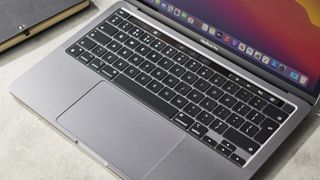
There’s also the fact that these new MacBook Pros no longer come with the Touch Bar, a design feature that many people found superfluous, and it looks like Apple agrees. So, haters of the notch, don’t despair, it probably won’t be as bad as you feared.
- These are the best laptops in the world right now

Matt is TechRadar's Managing Editor for Core Tech, looking after computing and mobile technology. Having written for a number of publications such as PC Plus, PC Format, T3 and Linux Format, there's no aspect of technology that Matt isn't passionate about, especially computing and PC gaming. He’s personally reviewed and used most of the laptops in our best laptops guide - and since joining TechRadar in 2014, he's reviewed over 250 laptops and computing accessories personally.
